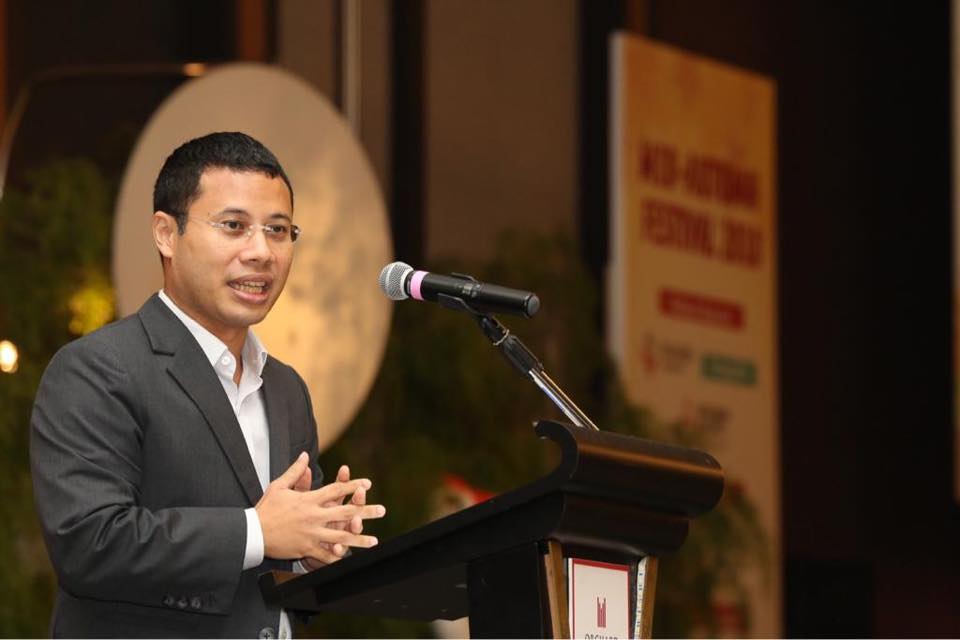Earlier this week, the nation reacted in simultaneous shock and agreement when Singapore was ranked way, way at the bottom rungs of the Commitment to Reducing Inequality Index. The Little Red Dot — a haven of economic prosperity enough to be a setting for Crazy Rich Asians — floundered in 149th place in the index ranks countries on its efforts to reduce inequality.
Out of 157 countries, we were positioned just below Bangladesh and above Laos, which was followed by Madagascar, Bhutan, Sierra Leone, Chad, Haiti, and Uzbekistan, with Nigeria coming in last. Oof.
“Real outcomes”

Then came Minister for Social and Family Development Desmond Lee who spoke out against the results. In a Channel NewsAsia report, he took issue with the index released by global developmental charity Oxfam and stated that the country actually sets out to achieve “real outcomes” in sectors such as health, education, jobs, and housing instead of satisfying a “collection of ideologically driven indicators”.
Part of the reason for Singapore’s massive drop in ranking was attributed to Oxfam’s introduction of a new indicator under the “harmful tax practices” category. It said Singapore “has a number of these”, citing our low maximum personal income tax rate for the highest earners, which is set at 22 percent. Other reasons include Singapore having very low tax rates or providing tax havens for corporates and individuals to avoid or evade taxes.
Besides our country’s tax practices, Oxfam described Singapore as having a “relatively low level of public social spending”, with only 39 percent of our budget allocated to education, health, and social protection, behind South Korea and Thailand’s 50 percent.
According to the CNA report, Lee mentioned that nearly half of the Singapore population don’t need to pay income tax, and yet they “benefit more than proportionately” from state-provided infrastructure and social support.
The minister also pointed out that despite spending lesser than 5 percent of the country’s GDP on healthcare, Singapore is still found to possess one of the best healthcare systems in the world, including one of the lowest infant mortality rates. The logic is applied to education as well — Singapore students “consistently outperform others in international rankings” despite the relatively low social spending in education, Lee stated.
“That we achieved all of this with lower taxes and lower spending than most countries is to Singapore’s credit rather than discredit,” he concluded.
Beyond borders
Speaking to Reuters, Oxfam rebutted Minister Lee, stating that Singapore’s low tax policy creates ripples beyond its borders as it serves as a tax haven for big corporations.
“Singapore’s harmful tax practices mean that they are eroding the revenue of other countries in the region and globally, revenues that those countries could be investing in schools and hospitals”, Oxfam’s head of inequality policy Max Lawson told Reuters yesterday.
Lawson did not elaborate further in the Reuters report, but what his statement means is that Singapore’s economic success is built on the foundations of opportunities sacrificed by multiple countries. Big if true.





Reader Interactions